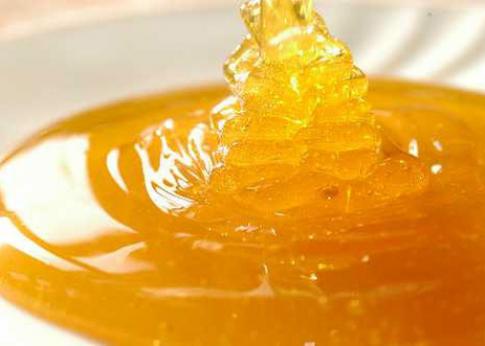Honey May Stop Antibiotic Resistance

Manuka honey, collected by the nectar of bees from manuka trees in New Zealand, has been acknowledged for antimicrobial properties in the past, but has not yet been fully investigated to translate to modern medicine.
New research has found that honey can be effective in helping to reverse antibiotic resistance, in addition to clearing infected wounds.
According to a study from the University of Wales Institute Cardiff, manuka honey interferes with the growth of three types of bacteria commonly found in wounds—Pseudomonas aeruginosa, Group A Streptococci and Meticillin-resistant Staphylococcus aureus (MRSA).
Manuka honey, collected by the nectar of bees from manuka trees in New Zealand, has been acknowledged for antimicrobial properties in the past, but has not yet been fully investigated to translate to modern medicine.
"Our findings with streptococci and pseudomonads suggest that manuka honey can hamper the attachment of bacteria to tissues which is an essential step in the initiation of acute infections. Inhibiting attachment also blocks the formation of biofilms, which can protect bacteria from antibiotics and allow them to cause persistent infections,” said Professor Rose Cooper from the University of Wales Institute Cardiff in a press release.
Cooper said research on manuka honey may increase in the near future in efforts to find a solution to the threat of rising antibiotic resistance.
The results were presented at the Society for General Microbiology's spring conference, which took place in the United Kingdom. FoxNews.com




 del.icio.us
del.icio.us Digg
Digg

Post your comment